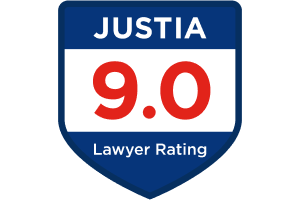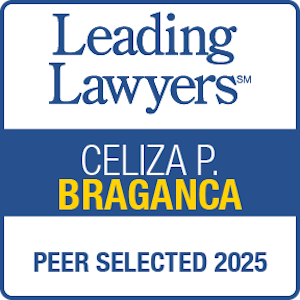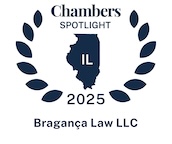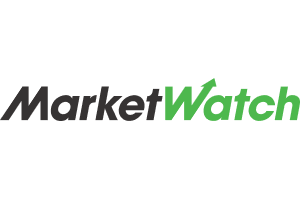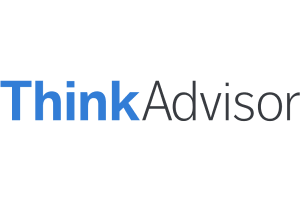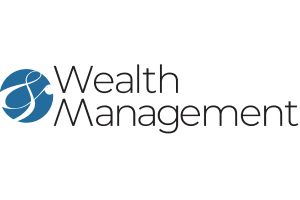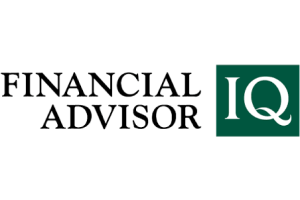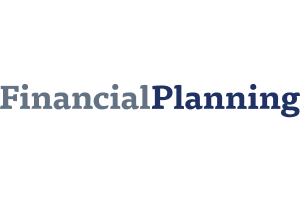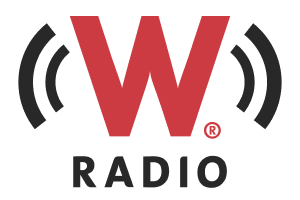- Free Strategy Session: (847) 906-3460 Tap Here to Call Us
Excessive Fees in Small / Medium Retirement Plans

Would you fix a pipe if you thought it might be leaking? Just like pipes in your home, your retirement accounts can be leaking excessive fees — which is money you could use in retirement.
If you have a retirement account — like a 401(k) or 403(b) account — with a small or medium-sized employer, your hard-earned money may be leaking. According to Barron’s, “the industry’s priciest funds are in accounts that are too small to get much attention. Sometimes they’re in the 401(k) plans of small businesses. Sometimes they’re in target-date funds. Sometimes they’re simply in portfolios with less than the $1 million needed to command the attention of advisors.” Read article.
Mutual fund fees have declined substantially over the years, but those fee reductions have primarily benefited large investors and the retirement plans of larger employers. It is likely that the lawsuits filed against large plan sponsors and the Department of Labor’s proposed fiduciary rule for retirement accounts helped. But many folks working for small and medium employers are still paying excessive fees.
Employer Retirement Plan Offerings With Excessive Fees
Retirement plans offered by smaller employers often are chock full of high fee investments. According to Micah Hauptman, financial-services counsel at the Consumer Federation of America, “investors who have small 401(k) plans pay costs that are orders of magnitude higher than they could pay for similar products in the self-directed retail market.” Read article.
A smaller employer may have a retirement plan that offers many “proprietary funds” — funds that are run by and pay fees to the company managing the retirement plan. Those proprietary funds may charge excessive fees — which reduces the money you have for retirement.
Excessive fees can be buried in different share classes — particularly “C” class shares. “C” shares are charged a 12b-1 sales and marketing fee that is not charged to “institutional” shares. Those fees reduce the money you will have for retirement.
Excessive fees can be in the form of “loads” — which are basically commissions. Investors who pay those loads may believe that they are getting a better investment option. Sadly, that is often not the case. Often those “load” funds also have higher fees. It seems that Wall Street has figured out that investors who do not object to paying a load do not notice higher fees. Loads and other fees reduce the money you will have for retirement.
To be fair, the administrative expenses of smaller retirement plans must be spread over a smaller number of participants leading to higher expenses per participant. But, that does not mean the investors in those plans should be gouged by paying hidden and excessive fees.
Target-Date Funds Charging Excessive Fees
Faced with an array of overwhelming and confusing investment options, many investors choose to invest in a target-date fund. That can also be a default option in a retirement plan. A target-date fund is a set-and-forget-it option. It makes sense for many people who don’t want to think about their investments.
A target-date fund will cost a little more in fees than putting together your own basket of funds because you are paying someone to manage the fund for you. That is reasonable.
What is not reasonable is a target-date fund loading up on excessive fee investments that benefit the fund manager. On the one hand, a target-date fund run by Vanguard and full of Vanguard’s low fee index funds can be a great option. On the other hand, a target-date fund run by a company like Voya and full of underperforming funds and small expensive funds that Voya manages can be a lousy option.
It can be hard to figure out whether you are in a good or bad target-date fund. One good place to start is to ask your employer to check. You can also do some online research or your own using Morningstar or Yahoo Finance.
Bottom line – If you work for a small to the medium employer, don’t assume the investment options in your retirement plan are good. Ask your employer to include index funds, no-load funds, institutional shares, and lower fee target-date funds.


